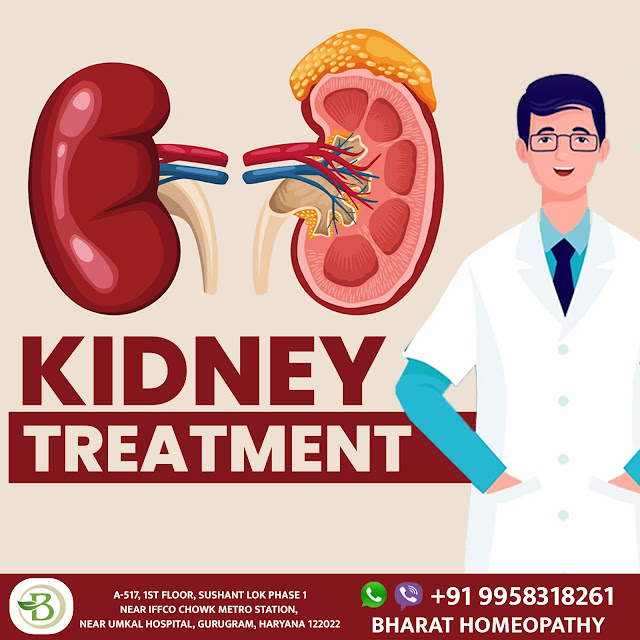Chronic Kidney Disease(CKD): Causes, Symptoms, and Treatment
Kidney failure can happen suddenly, known as acute kidney failure, or develop gradually over time, referred to as chronic kidney disease (CKD). Recognizing the symptoms of kidney problems and seeking timely medical attention is crucial for managing the condition effectively.
Symptoms of Kidney Failure:
Fatigue and Weakness: One of the common kidney failure symptoms is persistent fatigue and weakness. Toxin buildup can occur when the kidneys are not functioning properly, leaving you exhausted and depleted.
Swelling (Edema): Edema, or swelling, can occur in various parts of the body, such as the legs, ankles, and face. This swelling is a result of fluid retention, which is a hallmark sign of kidney dysfunction.
Changes in Urination: Kidney problems often lead to changes in urination patterns. This can include increased or decreased frequency of urination, foamy or bloody urine, and difficulty urinating.
Hypertension (High Blood Pressure): The kidneys play a crucial role in regulating blood pressure. When they are not functioning properly, blood pressure can rise, potentially leading to hypertension.
Nausea and Vomiting: These can occur as a result of the accumulation of waste products in the blood. These symptoms may be particularly noticeable after meals.
Loss of Appetite: A reduced appetite is another common symptom of kidney failure. The accumulation of waste products can cause a metallic aftertaste on the tongue and reduce the allure of food.
Muscle Cramps and Itching: Kidney failure can cause muscle cramps and severe itching. These symptoms are often the result of electrolyte imbalances and the buildup of toxins in the body.
Kidney Infection Symptoms:
It's important to note that kidney infections, also known as pyelonephritis, have kidney infection symptoms that can overlap with those of kidney failure.
Kidney infection symptoms may include:-
High fever
Pain in the lower back or side
Painful or frequent urination
Blood in the urine
Cloudy or foul-smelling urine
If you experience any of these kidney disease symptoms, it's essential to seek medical attention promptly, as infections can lead to damage if left untreated.
Importance of Kidney Function Tests:
Kidney function tests are crucial for diagnosing kidney problems and evaluating the severity of the condition. These tests help healthcare professionals determine how well your kidneys are functioning and whether any abnormalities exist. Common kidney function tests include:
Serum Creatinine Test: This blood test measures the level of creatinine in your blood. High creatinine levels can indicate kidney dysfunction.
Glomerular Filtration Rate (GFR): GFR is a calculation that estimates how much blood the kidneys filter each minute. A lower GFR indicates decreased kidney function.
Urinalysis: A urine test can reveal the presence of blood, protein, or other abnormalities in the urine, which may signal kidney problems.
Chronic Kidney Disease (CKD):
Chronic kidney disease is a condition that worsens over time and is characterized by a progressive decrease in kidney function. Effective CKD management requires early identification. With stage 1 being the mildest and stage 5 being end-stage kidney disease, the disease is divided into five phases. Regular monitoring through kidney function tests can help identify CKD in its early stages, allowing for interventions to slow its progression.
In conclusion, recognizing the symptoms of kidney failure and seeking prompt kidney treatment by homeopathy is vital for early detection and effective management of kidney problems. Kidney function tests play a critical role in diagnosing and monitoring kidney function, and they should be a part of routine healthcare for individuals at risk of kidney disease. By understanding the signs and kidney failure symptoms, staying proactive about kidney health, and consulting kidney specialists, individuals can take important steps to preserve their kidney function and overall well-being.
.jpg)
.png)


Comments
Post a Comment